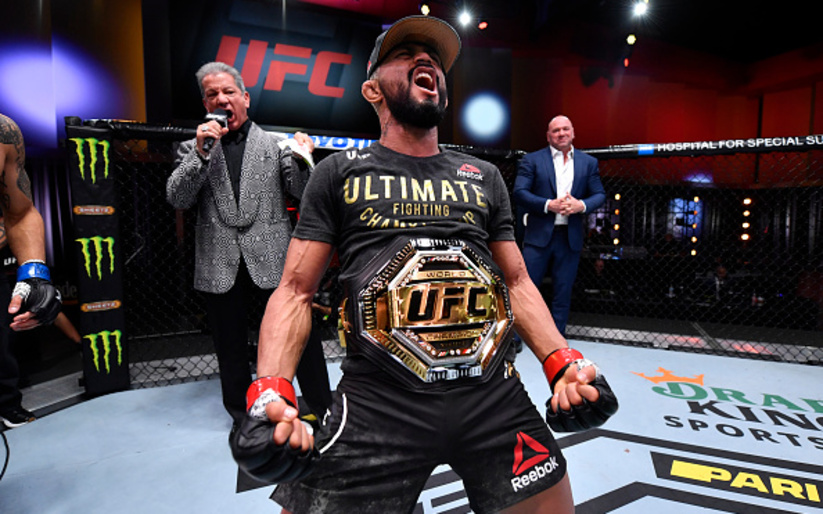“House of Commons passed Bill S-209 to amend the Criminal Code of Canada “allowing” MMA by a vote of 267 to 9!,” tweeted MMASucka.com. Thanks to the great work of Dave Teixeira, the UFC’s Tom Wright, Conservative MP James Moore, and many others, the bill to finally make mixed martial arts legal in Canada has passed. This opens up a lot of doors for provinces to start setting up their own provincial athletic commissions without the ambiguity of a archaic federal law. MMASucka.com correspondent and lawyer Erik Magraken, breaks it all down below and what this means for mixed martial arts in Canada.
House of Commons passes Bill S-209 – MMA now legal in Canada
Canadians have embraced Mixed Martial Arts since the Sport’s inception. Despite this MMA has always been illegal in Canada. The long road to legalization is nearing an end with Bill S-209 now passing Third Reading in Parliament with a vote of 267-9 bringing in a legal framework for both professional and amateur MMA along with other combat sports.
What does Bill S-209 do?
Section 83 of the Criminal Code makes prize fighting illegal except in limited circumstances. The exceptions were limited to certain boxing contests. Bill S-209 has expanded the circumstances for legal prizefights to include MMA and other sports.
The default is that Prize fights will remain illegal in Canada. Bill S-209 permits Provinces to regulate Professional MMA and Boxing. This clears the way for Provinces to have the power to create Athletic Commissions to regulate and sanction professional MMA Bouts. This will give Provincial posts such as the Athletic Commissioner of Ontario and the BC Athletic Commissioner actual authority to use their powers to sanction legal MMA. This will also remove the need for Provinces such as Quebec to invent sports such as “mixed boxing” to get around the old Criminal Code prohibition. Lastly, it will hopefully provide motivation for Provinces that have been too gun-shy to regulate MMA to date to create athletic commissions and bring the sport above ground.
What About Combat Sports Other than MMA?
One of the shortcomings of Bill S-209′s language is that it limits Provincial authority to sanction professional “boxing contests or mixed martial arts contests” .
It can be argued that given this specific language other professional combat sports such as kickboxing cannot be regulated, therefore they will remain illegal. BC appears to have taken this stance.
Perhaps the more sensible interpretation of the Provinces powers is that if they can regulate professional MMA they can regulated any subset martial art so long as the contest’s rules do not allow techniques outlawed by MMA. For example, all techniques that are legal in a professional kickboxing match are also legal in MMA and it could be argued that a Province is well within their rights to regulate and sanction such sports.
What About Amateur MMA and Other Combat Sports?
Some Amateur combat sports will be legal by default and others will remain illegal by default, this includes amateur MMA.
Amateur combat sports that will be legal by default will include those ”in the programme of the International Olympic Committee”. These include Boxing, Wrestling, Judo and Tae Kwon Do.
Other Amateur combat sports, such as MMA and Kickboxing, remain illegal by default. However, Bill S-209 allows this to be fixed by permitting Provinces to make them legal by specifically designating them. This is a useful tool and one that each Province should quickly use to give all Canadians a list of permitted amateur combat sports.
In short, Bill S-209 is a welcome change to the Canadian combat sports legal landscape. I encourage all stakeholders in the combat sports community to now contact your Provincial authorities and encourage them to pass legislation addressing the amateur gap.
Below is the video of history in the making!
____________________________________________________________________________
Erik Magraken writes the Canadian MMA Blog and is British Columbia injury lawyer and can be followed on Twitter at @erikmagraken.



All of these issues could have been solved by empowering the government run professional commissions to sanction combat sports as they see fit. In addition to this all amateur combat associations should be registered non-profits recognized provincially, federally, or municipally. No combat sport either amateur or professional should ever be unregulated.